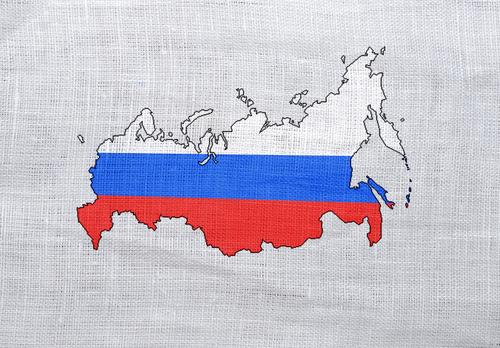Russia To Delay Electronic Sales Ban

Delay to implementation of law banning sales of electronic devices in Russia unless they come pre-loaded with Russian-made software
Russia has postponed the implementation of a new law that will ban the sale of electronic devices including smartphones, smart TVs, and PCs, that are not pre-installed with Russian-made software.
Last November the law was passed by Russia’s lower house of parliament. The new rule was promoted by the Russian government as making it easier for ordinary Russians to use the electronic gadgets they purchase.
That law was supposed to come into force in July 2020, but now Reuters has reported (citing the TASS news agency), that the legislation will be delayed by six months until 1 January, 2021.
![]()
Russian software
Despite the law being touted as a way to make it easier for Russians to use electronic devices, there was concern that by forcing foreign electronic manufacturers to pre-load Russian software, these makers could withdraw from the Russian market.
The Association of Trading Companies and Manufacturers of Electrical Household and Computer Equipment (RATEK) has previously said it would not be possible to install Russian-made software on some devices.
It also warned that the international companies behind the gadgets may leave the Russian market as a result of the law.
The move also came as Russia tightens its control of the Internet and censorship in general.
Russia recently drafted legislation that would permit authorities to block individual email or online messenger users who circulate content that the Russian state has banned.
Russian internet
It should be remembered that Russia under President Putin is seeking to disconnect the country from foreign Internet servers.
In May 2019 President Putin signed a signed a controversial bill that routes Russian web traffic through points controlled by Russian government.
The law had been approved by lawmakers in the State Duma, the Russian equivalent of the Houses of Parliament, despite the protests of thousands of people, concerned it would tighten government controls of the Internet in Russia.
Russian lawmakers had backed the tighter internet controls, as they believe it is necessary to prevent foreign meddling in Russia’s affairs.
Essentially, the law will increase Russian “sovereignty” over its Internet presence, and the legislation has been labelled in the Russian media as the “sovereign internet” bill.
The law will allow Russia to route all Russian web traffic and data through points controlled by the Russian government.
It also proposes building a national Domain Name System (DNS) to allow the internet to continue functioning even if the country is cut off from foreign infrastructure.
Russian Internet firms had until 1 November 2019 to comply with the law.
But Russia last week postponed a test that was supposed to improve the ability of its local infrastructure to cope with being cut off from the global Internet.
The cancellation of Russia’s so called ‘Sovereign Internet’ was confirmed by the Communications Ministry, and comes amid the global Coronavirus pandemic.
Do you know all about security? Try our quiz!